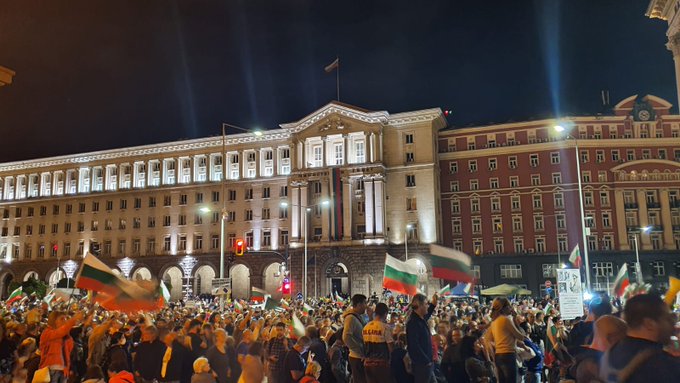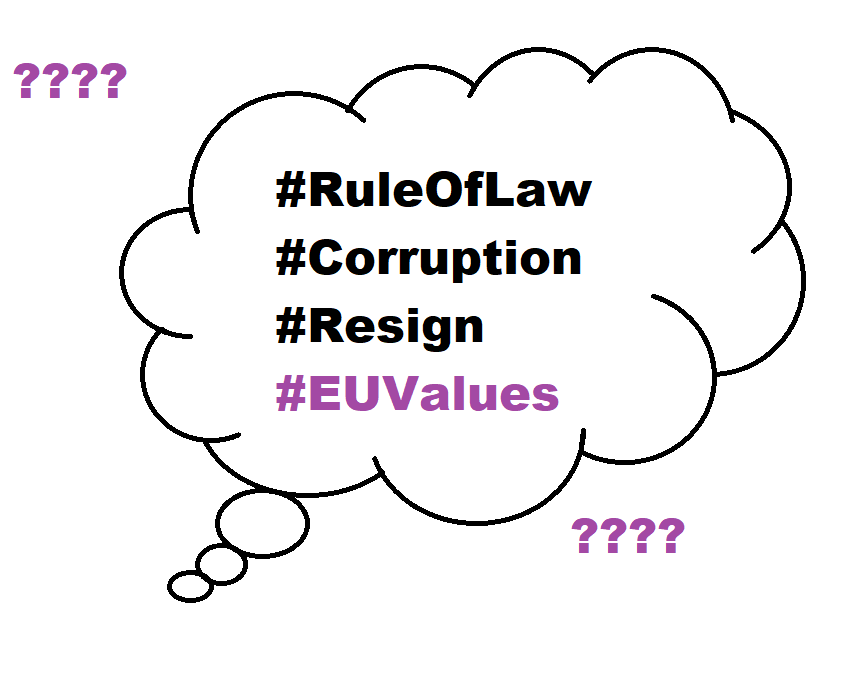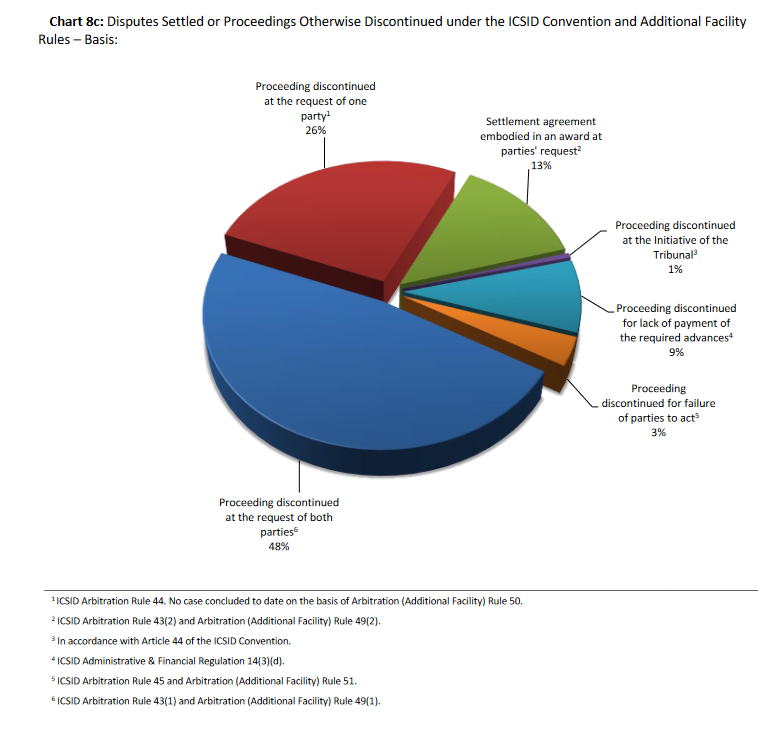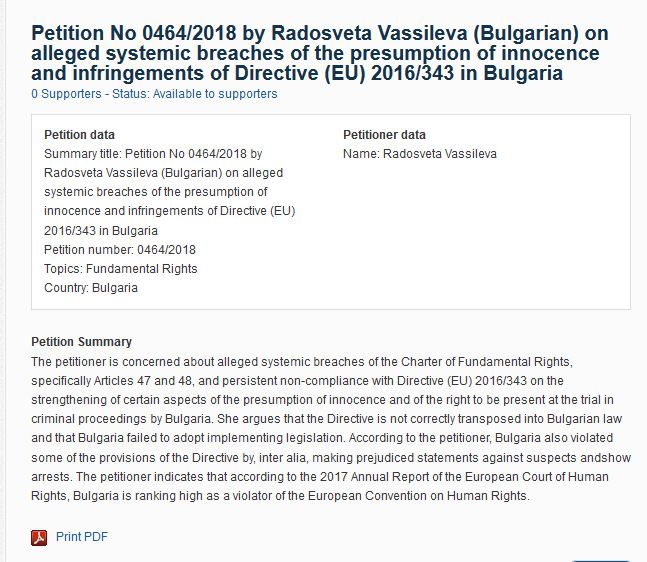Without much competition, Frans Timmermans was selected as the Spitzenkandidat of the Party of European Socialists (PES). His campaign is based on the defense of EU values. In principle, EU values are defined in Article 2 of the Treaty on European Union and include democracy, the rule of law, the respect for human rights, etc.
Yet, the fact that Timmermans currently serves the First Vice -President as well as the Commissioner for the Rule of Law and the Charter of Fundamental Rights in the Juncker Commission ultimately raises the question about his achievements in the areas of rule of law and defense of human rights.
Juncker’s Commission (to be understood as President Juncker, Commissioner Timmermans, and Commissioner Jourova who have a say in these matters) has already been criticized for its relaxed and overly diplomatic approach towards the rule of law crises in Poland and Hungary. As a scholar with an interest in the rule of law challenges in Bulgaria, I cannot help but notice Timmermans’ silence on my country either.
If you follow my blog, you probably know that Bulgaria is in a very poor shape – it was downgraded to a semi-consolidated democracy by Freedom House, it is considered the most corrupt EU member by Transparency International, it was ranked 111th in the world based on freedom of speech by Reporters Without Borders, etc. If you did not know the rule of law in Bulgaria is in a deplorable state, consider reading my article for the EU Observer “Is Bulgaria the EU’s next rule of law crisis?”
However, despite red flags by reputable indices as well as numerous letters of complaint, which have been sent to Timmermans from Bulgaria, he never expressed any concern publicly or took any action to prevent the further decay of the rule of law.
In an attempt to shed some light on Timmermans’ disturbing nonchalance, I carried out an opinion poll on Twitter.
Shall we see what the survey found about his silence?
Read More



















You must be logged in to post a comment.